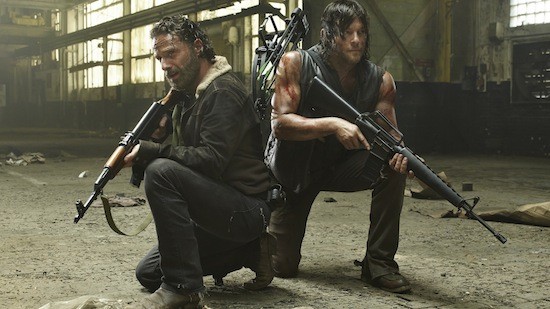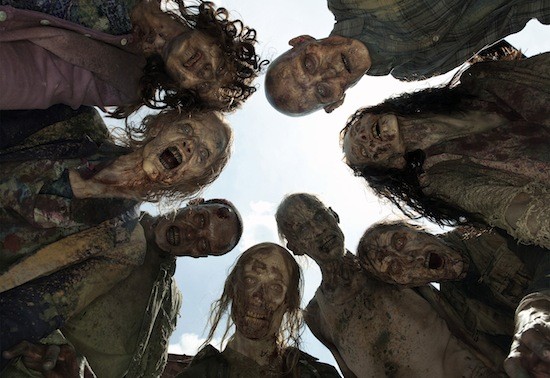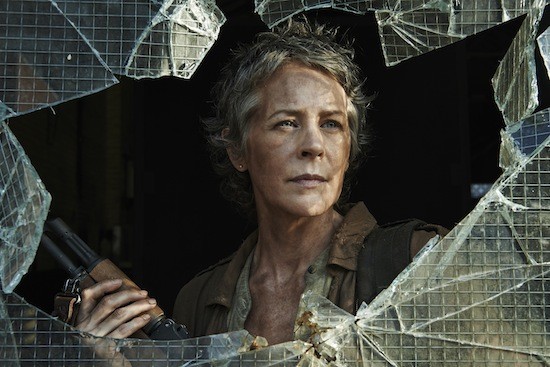
Makeup artist Greg Nicotero’s zombie effects are a recurring highlight of The Walking Dead.
Did you get stiffed on your Walker Stalker tickets? It may be time to get paid.
Tennessee Attorney General Herbert Slatery announced Wednesday a settlement with the fan convention’s owner that could yield refunds for ticket holders and vendors.
Walker Stalker LLC is the company behind dozens of conventions related to The Walking Dead television show and other shows. The Tennessee company and its owner, James Frazier, organized dozens of Walker Stalker Cons in the U.S. And the U.K.
In 2018, many of the events were canceled. Refunds were promised to ticket holders but they never materialized.
Other problems during the conventions also led many Walking Dead stars to begin to pull out of the Walker Stalker events. Khary Payton, who plays King Ezekial on the show, said on Twitter last year, “It’s time to shut this shit down.”
I’m not coming.
Norman’s not coming.
Melissa’s not coming.
Danai’s not coming.
Cooper’s not coming.
Confirming more…
Time to shut this shit down. #sickofit #WSC@bigbaldhead @mcbridemelissa @DanaiGurira @smugo https://t.co/P1PVM6HwkY— Khary Payton (@kharypayton) October 28, 2019
State Settles with Walker Stalker Convention for Ticket Refunds
Cooper Andrews, who plays Jerry on the show, said on Instagram last year that while he wants to meet fans, “Walker Stalker Fest is not he right place to do that.”
State Settles with Walker Stalker Convention for Ticket Refunds (3)
Convention owner Frazier stepped aside as the company’s CEO last year, acknowledging that the task was too great for him.
“It became too much and beyond my capabilities,” Frazier said in a Facebook post. “Today, I’m turning it over to new leadership and stepping down. I will no longer have any decisions in the direction of the company and its daily management. I will make sure that they are up to speed on each and every issue and make myself available to assist them in any way that would help them succeed.”
[pullquote-1-center] Slatery sued the company in February. In October, Frazier sold Walker Stalkers to 3fams Productions, a company that runs similar fan conventions. A portion of proceeds from future online Walker Stalker events will be used to reimburse consumers still owed refunds for canceled events, according to a recent 3fams press release.
The agreement announced Wednesday prevents Frazier from “engaging in the kind of conduct that led to the failure to provide promised ticket refunds for canceled events and obliges him to pay restitution owed to eligible consumers.”

Andrew Lincoln and Norman Reedus in The Walking Dead
“The Defendants now have to face a long list of people who have been waiting to be reimbursed for events that never happened,” said Slatery in a news release. “If you violate our state’s consumer protection laws, eventually you will have to pay.”
As part of the settlement, the state has arranged for an administrator, paid for by Frazier, to oversee a restitution website portal that will accept claims and refund eligible consumers.
If Frazier fails to fulfill the terms of the settlement, he has to pay a lump sum to the state to cover the costs of the administrator and consumer claims.


